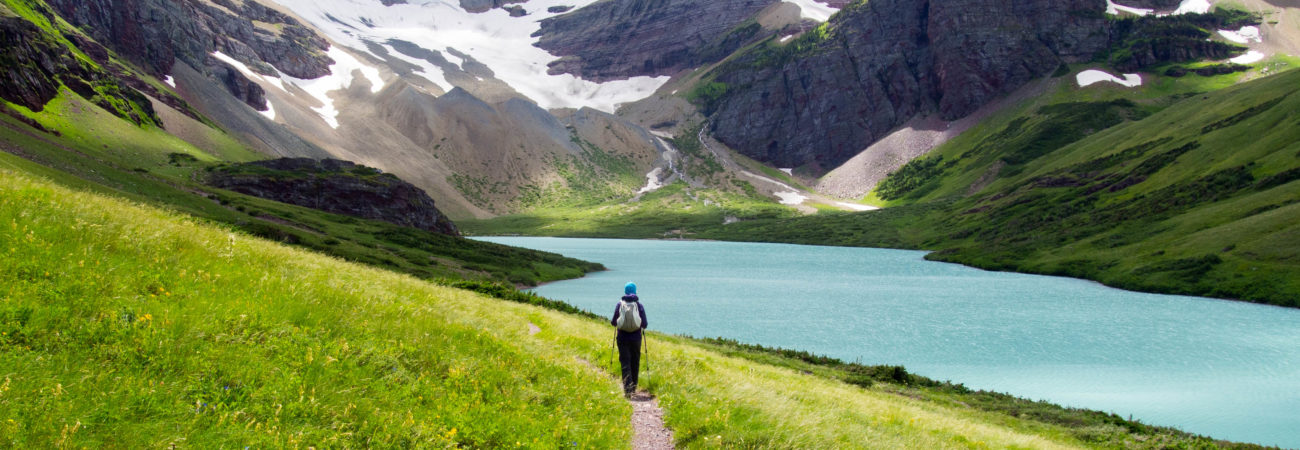
These are not easy days to read the news, or listen to it, or think about it. As I heard one radio reporter say yesterday, “It seems the whole world is on fire right now.” Indeed.
In the past week, three articles have stayed with me as I’ve gone about my days. Here’s why.
I have watched with some interest over the past four years or so, but particularly the past one or two, the manner and degree to which climate change appears on the front page. Plenty of others have been watching the same thing, some of them analyzing references to keywords like oil, or fossil fuels, or human involvement (and far too often the lack of those references). I watch and I wonder when hope gives up the ghost. When the last line of “But there is still time” turns into something else. And I feel that to some small extent, we’ve reached that point. Perhaps not that doom is written in stone, but that something is, or at least that there is widespread acknowledgment that the consequences of climate change aren’t waiting in some far-off future but are here, now.
These three articles get at that point in varied and pointed ways. In “I’ve Hit My Climate Tipping Point,” Helen Lewis of The Atlantic presents an image that I can’t get out of my head. Based in London, Lewis begins by discussing heat more than fire, but fire is certainly part of it.
She writes, “Every time I listen to blowhard TV presenters waffling about the dire “hockey-stick graph,” or oil executives soliciting praise for their company’s pitiful efforts to address the problem, or politicians falsely telling the public that we can keep consuming as much as we do, I will mentally Photoshop their babbling faces in front of the scenes from Greece, Turkey, or California this past weekend. Let’s see how convincing they sound over B-roll of a literal inferno.”
Because let’s face it, reality-based evidence doesn’t go away the second you click off the TV, even if that same act removes the talking heads from your line of sight. Growing up I read (and reread) American Girl books like it was my job. Anyone remember Samantha Parkington’s “Actions speak louder than words?” At any rate, big pictures of flames speak louder than political soundbites.
The second article I want to highlight here is Emily Atkin’s “I don’t like IPCC report day,” from her newsletter Heated. If you want to know more about what those blowhard TV presenters ought to be saying, but aren’t — in fact, more than that, why what the IPCC isn’t saying contributes to the lack of solid press coverage — this is the read you want.
In essence, the IPCC report is a whopping 1,300 pages, while the press release summary document is only 42. Which do you think news outlets are covering? Hint: it’s not the novel.
(As a side note, the entire report file is nearly 4,000 pages, including all sorts of supplementary material, and most of it is stamped “Subject to final edits” and “Do Not Cite, Quote, or Distribute.”)
Atkin points out that if you read only the summary, “You’ll find out what’s happening to the climate, but you won’t find out why it’s happening or who is responsible.” Helen Lewis ended her Atlantic piece with the question, “So what do we do next?” You have to wonder whether, if the IPCC were more direct in naming fossil fuels as the problem, we’d have a better idea of where to go and what to do next. Atkin notes that several news reports added this key information on their own, but it is negligent for the IPCC not to have included it in their summary document.
Finally, if you find yourself needing to take a deep breath in the midst of all this (and if you need it to be a deep breath that isn’t smoke-filled), I recommended Margaret Renkl’s “I Don’t Want to Spend the Rest of My Days Grieving,” featured in The New York Times Aug. 9. I always enjoy the cadence of Renkl’s writing, and this piece is no different, as Renkl considers the feeling of late-summer in an age where so much is lost beyond the light of an August afternoon.
She writes that she reminds herself “sternly to attend to what is not dying, to focus as much on the exquisite beauties of this earth as on its staggering losses.”
Some days it feels hard to try. However, that beauty is why we care about the loss, isn’t it? This is by no means a recommendation to tune out the bad stuff, or not to be pissed off when you definitely should be. But if we fail to acknowledge the beauty and possibility at hand, then there isn’t any reason to care about any of this at all, and to me, that is an unimaginable future in and of itself.
